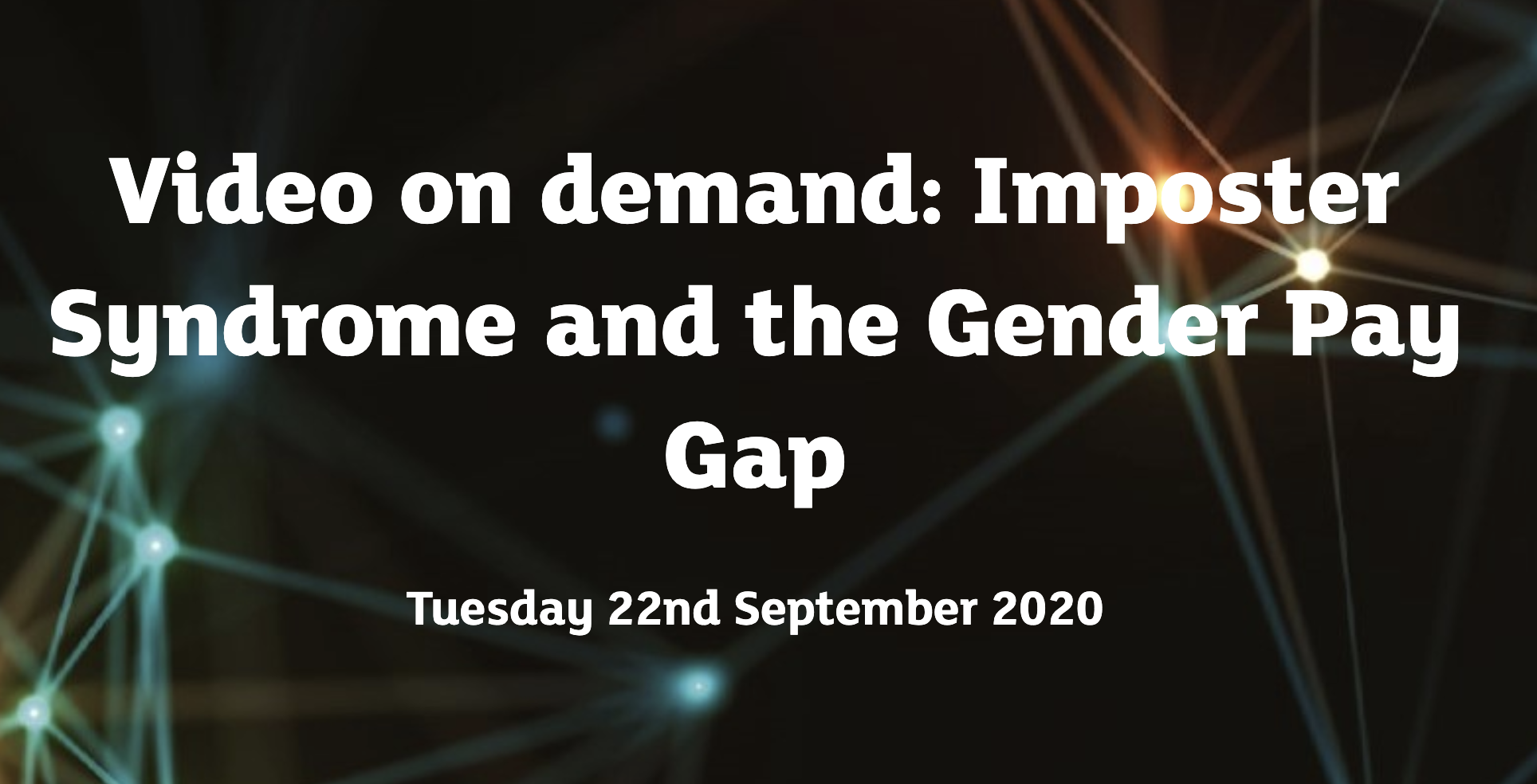Lack of flexible working was found in the 2019 Imposter Syndrome Research Study to be one of three hidden drivers of the gender pay gap. The increased out-of-hours commitment so often required in senior roles and the difficulty in fitting work around family was shown to disproportionately disadvantage women with school-aged children.
So Zurich Insurance decided to take bold action. Driven by data and a passion for diversity and inclusion, they have now succeeded in making 80% of their UK roles part time, flexi-time or job-share. And far from having a negative impact on the bottom line, they've seen astonishing results.
They're making measurable progress on closing the gender pay gap, and their employee engagement and satisfaction have increased. And all of this was during the challenges of the 2020 Covid-19 lockdown.
In this candid and action-inspiring interview, Emma Francis - Head of Diversity & Inclusion for Zurich Insurance - shares:
[Subtitles are available for this video. Click 'CC' in the play bar, above, if they don't automatically show.]
Prefer an audio version?
In addition to lack of flexible working, the other two driving factors in the gender pay gap and lack of gender (and BAME) equality in leadership roles were found in the 2019 Imposter Syndrome Research Study to be:
- The alpha-male culture at the most senior levels of many companies
- Imposter Syndrome, which affects men and women at similar levels, but they handle it very differently, in ways that disproportionately disadvantage women
The alpha-male culture and the shift to flexible working are actually the hardest place to start with closing the gender pay gap. By supporting team members to identify and then clear out Imposter Syndrome, they remove the subconscious, self-imposed glass ceiling that can prevent them from fulfilling their potential.
Here are some of the ways that Imposter Syndrome was found in the research to be holding women back from achieving equality in pay and in representation in leadership roles:

Fortunately, far from the myth that Imposter Syndrome is incurable, there's plenty that people can do to set themselves free from it, in as little as the next 90 days.
Scroll down to watch the replay of a keynote I did on the role of Imposter Syndrome and the Gender Pay Gap for the London Stock Exchange Spark event. In it, I share the latest research and also practical solutions to create measurable breakthroughs, fast.
To discuss how we might work together on this, here's where to book a call.
Some Useful Resources:

2019 Imposter Syndrome Research Study White Paper
Read the white paper with the key results from this landmark research study - the first of its kind in the UK. It includes essential information on how Imposter Syndrome is one of three hidden drivers in the gender pay gap, and what we can do about it, as companies and as individuals.

Leading The Imposter Syndrome Disucssion In Your Organisation
This guide brings you the research-based background you need, plus questions you can ask in team discussions, to remove the stigma around Imposter Syndrome. Plus there are questions to ask your company's leadership team, to get their buy-in on developing the strategic framework to make Imposter Syndrome a thing of the past in your organisation.

Read: Ditching Imposter Syndrome
With thousands of readers in over 30 countries in just its first year, discover for yourself why people describe Ditching Imposter Syndrome as 'life-changing' and even 'unputdownable'. It guides you, step by step, through how to turn your inner critic into your biggest cheerleader - and set yourself free from Imposter Syndrome, once and for all.

